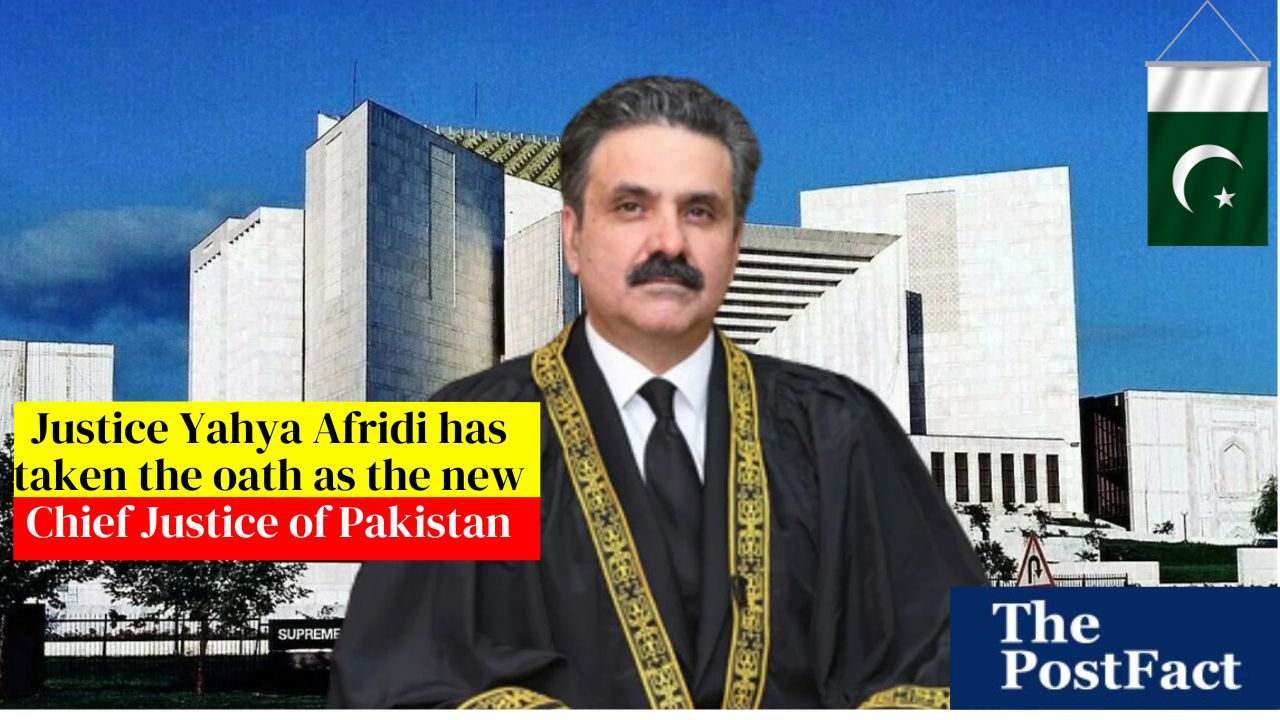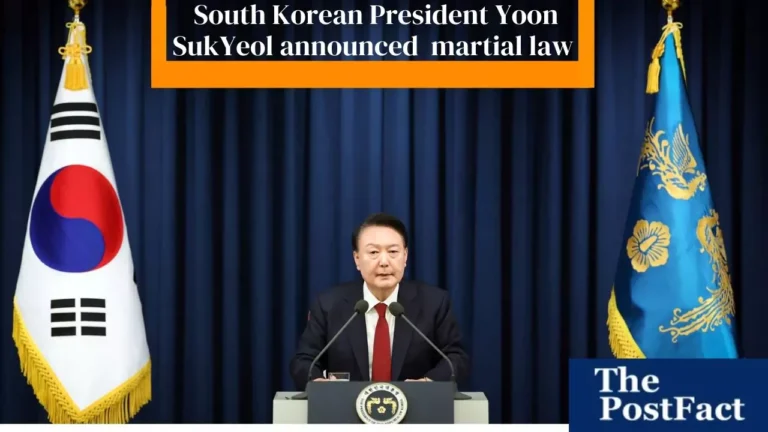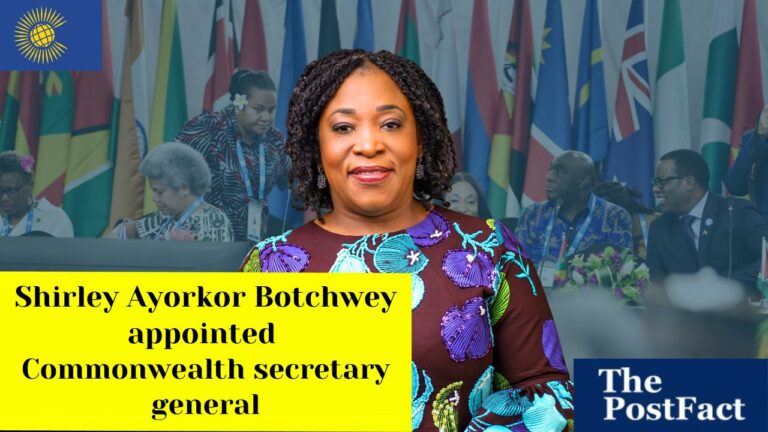Justice Yahya Afridi Takes Oath As the New Chief Justice of Pakistan
Justice Yahya Afridi Assumes Office As The New Chief Justice Of Pakistan
The swearing in of Justice Yahya Afridi as the new Chief Justice of Pakistan signifies a new phase of the development of the judiciary of Pakistan. He has the capability of changing the institution for the better by focusing on sensitive areas like accountability and transparency.
He can appeal to authorities like U S Supreme Court Justice Antonin Scalia whose penetrating intellect and faithfulness to the idea of originalism in the constitution can assist him in understanding the nuances of law.
President Zardari
The president of Pakistan has formally ushered in Justice Yahya Afridi to the position of Chief Justice of Pakistan. This function was graced by high ranking people, military chiefs and parliament members. President Zardari commended the judiciary of Pakistan in its efforts to combat terrorism and vowed that the conflict with militants will continue. He was also amongst those who congratulated the newly appointed Chief Justice of Pakistan.
Justice Afridi succeeds in being the first chief justice to have been selected under a different method of appointing the top judge after the bill introduced by the parliament was passed. Prior to this legislation, the most senior judge was automatically elevated, but the parliamentary committee can now select one of three candidates. These members include the former chief justice and the current chief justice as well.
Coming in third on the seniority list is Afridi. He hails from Adam Khel, which is a clan of the Afridi tribe that is in Kohat district, having been born on January 23, 1965 in Dera Ismail Khan. He briefly attended Aitchison College and graduated from Government College Lahore. He received a Master’s from Punjab University and then a Commonwealth scholarship to pursue an LLM at Jesus College in Cambridge.
The year 2006 was when he first became a part of the Supreme Court, and he is considered as a specialist in dynamic and human rights quasi-constitutionalism. His name alone is often mentioned in legal art because of his ability to go in the defense of the supremacy of the court over the other levels of government.
Prime Minister Shehbaz Sharif
Afridi took office on Saturday as the 30th Chief Justice of Pakistan, replacing Qazi Faez Isa. The event took place at the Aiwan-e-Sadar in Islamabad pwresident Zardary tabinin administered the oath of office. His tenure is fixed and will last for three years. He is the first top judge to be appointed under new rules for the selection of chief judges that were enacted last week when the 26th constitutional amendment was enacted by parliament.
The changes in the amendment also included the term of the Supreme Court judges. In this, a 12-member committee was given the power to select the new highest judicial position. Afridi was voted as the winner by the majority of the committee members. The committee noted that “it had reached a unanimous decision that Justice Yahya Afridi’s name be submitted for nomination as the next Chief Justice.”
So, older systems relied on the timing provided by the last two counterparts; whereby burying or leaving office allowed the appointment of a chief. The new law will allow members of parliament to have more say in appointing the chief justice and other senior judges. However, this has been criticized as a step that may erode the independence of the judiciary.
Dawn reported that, as soon as he took over, Afridi reconfigured the Supreme Court’s Practice and Procedure Committee and put Justice Akhtar in it as well. A decision made by the Supreme Court’s Registrar also confirms that Afridi put together seven benches in order to commence case sittings.
Chief Justice Mansoor Ali Shah
Replacing CJP Qazi Faez Isa who retired, Yahya Afridi took oath as Pakistan’s Chief Justice on Saturday and will serve for a fixed term of 3 years. The oath-taking ceremony was held at the Aiwan-e-Sadar in Islamabad. It was attended by President Zardari, Prime Minister Shehbaz Sharif, the army chiefs, National Assembly Deputy Speaker Sardar Ayaz Sadiq, new Chief Justices of Pakistan and other senior judiciary figures.
The newly-appointed CJP has already made changes to the membership of the committee responsible for the formation of benches for the hearing of cases. He has also joined senior puisne judge Justice Mansoor Ali Shah while other members already included Justice Munib Akhtar. Justice Shah returned to the limelight when he was reprimanded by fellow judges for restoring reserved seats to Pakistans Muslim League Nawaz (PML-N) of Imran Khan, causing conflict among the plenary of justices.
Afghan was appointed to the Supreme Court by parliamentary decision after the 26th constitutional amendment. He is the first chief justice to be appointed under this new integration, which abrogated the senior judge system where the oldest judge serves as the chief justice. This move would enable the government to have a greater say in the appointment of the highest office bearers in the judiciary. But there are some members of the Government who are worried that this may antagonize the law fraternity.







